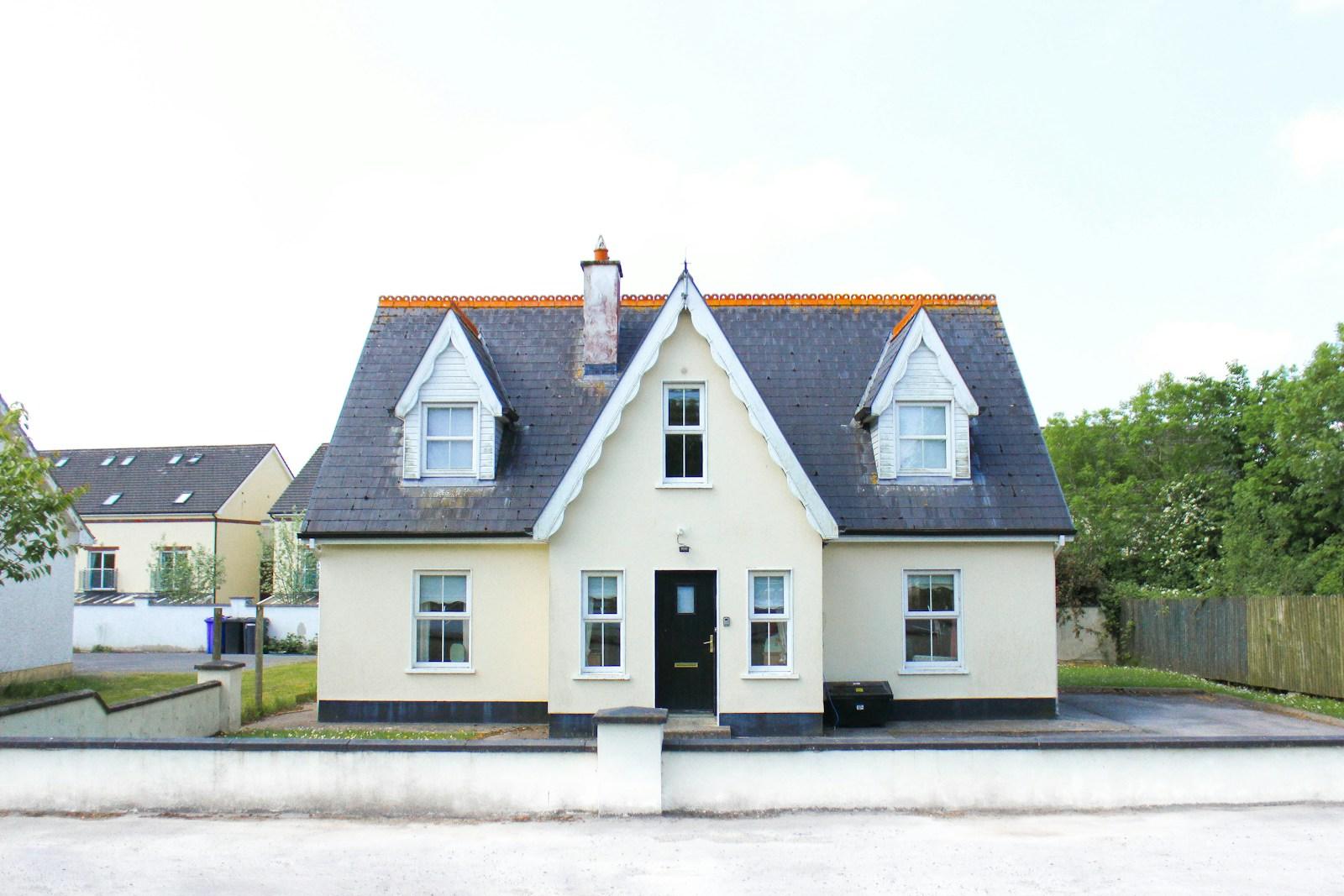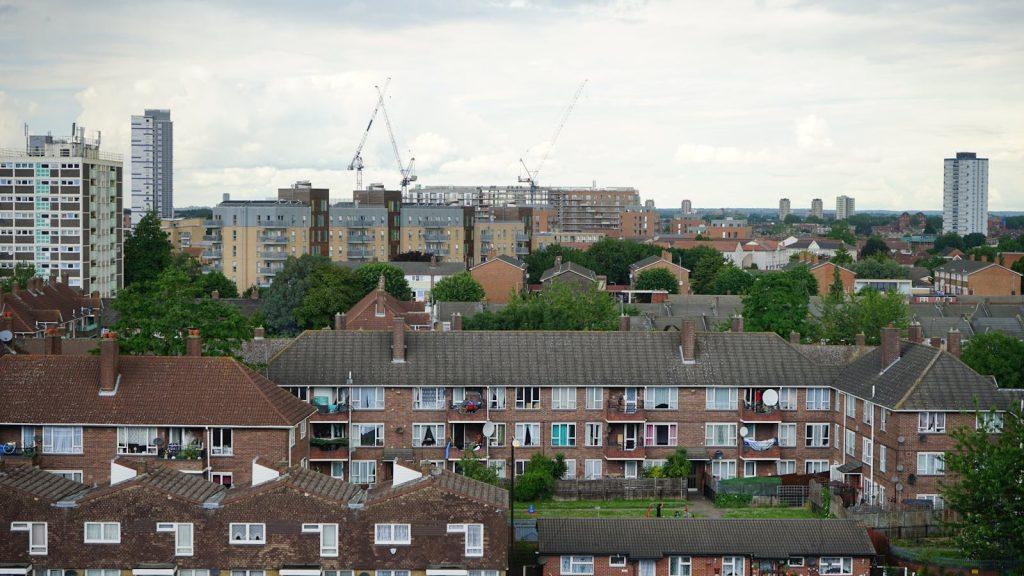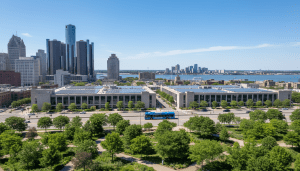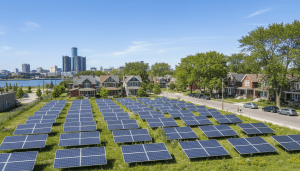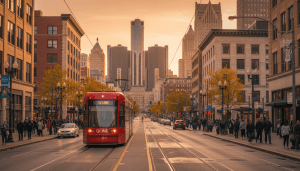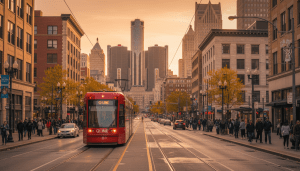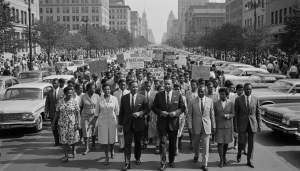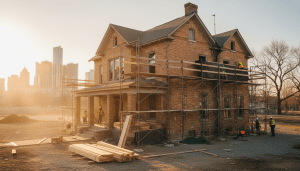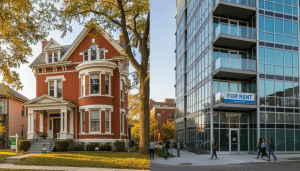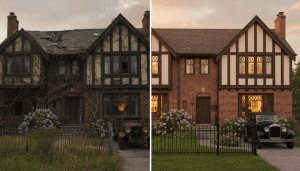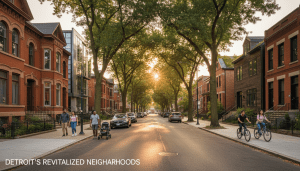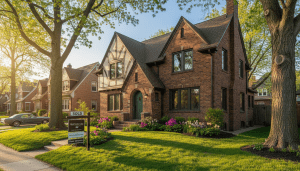Detroit Affordable Housing 2026 — Exciting Programs, Incentives & Community Growth
Last Updated: November 2025
The Detroit affordable housing 2026 initiative represents one of the most ambitious urban revitalization efforts in the Midwest. As Detroit continues to reinvent itself, city leaders, developers, and nonprofits are focusing on housing affordability as the foundation for sustainable growth and community stability.
Detroit Affordable Housing 2026 — Overview
Detroit’s affordable housing efforts are expanding dramatically heading into 2026. According to data from the City of Detroit Housing & Revitalization Department, over 6,800 affordable and mixed-income units are planned, under construction, or recently completed. The city aims to ensure that at least 20% of all new housing built in Detroit remains affordable to low- and moderate-income residents.
This wave of development combines public policy, private investment, and community activism — transforming Detroit into a model for equitable growth in 2026 and beyond.

Key Affordable Housing Programs in Detroit (2026)
The Detroit affordable housing 2026 framework includes multiple overlapping programs designed for renters, buyers, and developers. Here’s a breakdown of the most impactful initiatives:
| Program | Type | Benefit | Target Group |
|---|---|---|---|
| Detroit Housing for the Future Fund | Loan / Grant | Low-interest financing for developers | Affordable housing builders |
| Home Repair Program | Grant | Up to $25,000 for critical repairs | Homeowners |
| Down Payment Assistance | Grant | Up to $10,000 toward home purchase | First-time buyers |
| Renters’ Rights Education Program | Education / Legal Aid | Free tenant legal support | Low-income renters |
| Low-Income Housing Tax Credits (LIHTC) | Tax Incentive | Subsidies for affordable developers | Multi-unit projects |
These programs not only make housing more accessible but also strengthen neighborhoods through equity, ownership, and long-term stability.
Major Detroit Affordable Housing Developments for 2026
Several landmark projects are set to open or expand in 2026 under the city’s affordability plan:
- Pennsylvania Park Redevelopment (Jefferson-Chalmers): 480 mixed-income units with on-site childcare and green spaces.
- North End Revive: A cluster of 200 affordable townhomes developed through community land trusts.
- Brush Park Village Extension: 150 new affordable apartments integrated with restored historic homes.
- Midtown West Phase II: 100 affordable units reserved within Detroit’s most in-demand rental corridor.
These projects illustrate Detroit’s unique ability to merge heritage preservation with modern living — balancing affordability with quality of life.
How Detroit is Funding Affordable Housing
Financing plays a central role in the Detroit affordable housing 2026 pipeline. The city leverages a mix of public and private funding sources, ensuring that projects remain viable and scalable.
1. Detroit Housing for the Future Fund (DHFF)
Launched in partnership with Detroit Future City and CHFA, DHFF provides developers with flexible, low-interest loans for affordable housing construction and renovation.
2. Federal and State Tax Credits
Developers use Low-Income Housing Tax Credits (LIHTC) and Brownfield Redevelopment Credits to offset costs and make projects financially sustainable.
3. Philanthropic and Nonprofit Partnerships
Organizations such as The Kresge Foundation and Michigan Economic Development Corporation are investing millions into neighborhood stabilization programs and energy-efficient retrofits.
Affordable Housing and Detroit’s Community Growth
Beyond construction, the Detroit affordable housing 2026 initiative is reshaping communities from the ground up. Affordable housing supports:
- ✅ **Economic mobility:** Families save money for education, business, and healthcare.
- 🏘️ **Neighborhood stability:** Long-term residents are less likely to relocate.
- 🌳 **Sustainability:** Modern developments include green design, EV infrastructure, and walkability.
- 👩👧 **Equity:** Policies promote fair access to housing regardless of race, age, or income.
Neighborhoods like Corktown, North End, and Jefferson-Chalmers are becoming living examples of equitable urban renewal — where growth benefits both old and new residents.
Challenges Facing Detroit Affordable Housing in 2026
While progress is steady, challenges persist. Developers cite rising material costs, limited labor, and lengthy permitting processes as hurdles. Meanwhile, residents face competition from investors purchasing properties for short-term rentals.
To combat these issues, Detroit’s City Council is reviewing measures to curb speculative purchases and fast-track construction approvals — ensuring that affordability remains a long-term reality.
Government & Nonprofit Resources
For those looking to participate or benefit from the Detroit affordable housing 2026 movement, these resources are essential:
- Detroit Housing & Revitalization Department
- Michigan State Housing Development Authority (MSHDA)
- Detroit Future City Foundation
- Crain’s Detroit Business Housing Reports
FAQs — Detroit Affordable Housing 2026
What is Detroit’s affordable housing goal for 2026?
The city aims to deliver more than 6,800 new or preserved affordable units under the Detroit affordable housing 2026 program.
Who qualifies for Detroit affordable housing programs?
Eligibility varies but typically includes individuals earning 30–80% of the area median income (AMI). Some programs prioritize seniors, veterans, or first-time buyers.
Can developers benefit from tax incentives?
Yes. Detroit’s affordable housing developers can access Low-Income Housing Tax Credits (LIHTC), Brownfield incentives, and Renaissance Zone exemptions.
Where can I find current affordable housing listings?
Visit the Detroit Housing Department website or local partners like MSHDA for up-to-date affordable listings.
Final Outlook — Detroit Affordable Housing 2026
The Detroit affordable housing 2026 movement is not just about buildings — it’s about people, equity, and a shared vision for Detroit’s future. With ambitious city policies, innovative funding, and community commitment, Detroit stands out nationally as a model for inclusive urban renewal.
As construction continues through 2026, the results will shape neighborhoods for decades to come — turning Detroit’s comeback story into one built on opportunity for everyone.
For more real estate coverage, visit our recent features on Detroit Housing Development Projects 2026 and Detroit Real Estate Market 2026.
